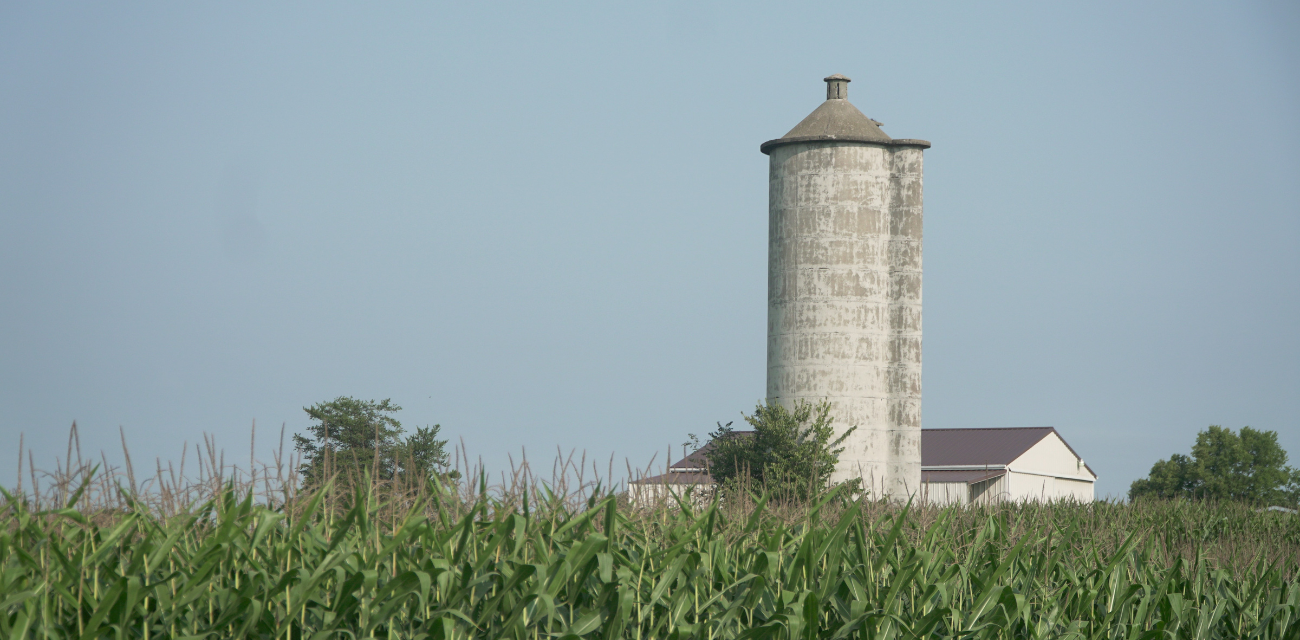Factory farm permit missed opportunity for environmental protection

Authored by
New animal waste regulations came into effect Wednesday after more than three months of review by the Michigan Department of Environment, Great Lakes and Energy.
The concentrated animal feeding operations (CAFO) permit increases transparency and reporting requirements for about 260 Michigan livestock operations’ waste practices but fails to deliver on more requirements outlined in the draft permit that would have better protected the quality of water, aquatic ecosystems and human health.
Michigan Environmental Council, member group Environmentally Concerned Citizens of South Central Michigan (ECCSCM) and other allies worked together to urge more stringent requirements during the draft proposal process, some of which took effect.
“The final permit offers more rigorous standards compared to past permits, but unfortunately it was not as stringent as the draft language,” Zimnicki said. “While we’re happy to see some environmental and health protections bolstered, we’re dismayed to see loopholes allowing risky manure management practices to continue.”
The National Pollutant Discharge Elimination System permit, which all CAFOs must have, is valid until 2025 and is meant to protect Michigan surface waters from animal waste runoff. While waste such as manure can improve crop yield, it can also go into water systems without proper protection, degrading water quality and decimating aquatic life.
The new permit includes the following regulations the Environmental Council and its member groups helped shape:
- More transparency requirements around how waste is moved from farm to farm
- New restrictions on winter manure application
- New restrictions on allowable waste application rates across Michigan, particularly in impaired watersheds
Despite urging from the Environmental Council and member groups, and little pushback from factory farms, the new permit allowed the following lax laws to continue:
- Loopholes allowing winter manure application to continue
- An option for permittees to continue using a more lax risk assessment tool when planning environmental risk of manure application
The Environmental Council and its member groups fought to prevent the spread of manure in winter because the practice is widely recognized as environmentally risky due to the prevalence of nutrients lost in manure that enter water systems from the field. They also fought for a more intensive risk assessment tool for manure application because it offered a more holistic evaluation of environmental risk.
“There are some positive changes in this permit,” Zimnicki said. “However, at some point we need to move beyond incremental progress when it comes to protecting human health, the environment, and the waters that make up a Michigander’s identity.”
Until 2025, when an updated CAFO permit is released, the Environmental Council and its member and partner organizations will continue to advocate for better environmental standards.
The following groups also helped the Environmental Council and ECCSCM shape the new CAFO permit: member groups Alliance of the Great Lakes, Environment Michigan and Tip of the Mitt Watershed Council; and allies Environmental Law and Policy Center, For Love of Water (FLOW), Michigan League of Conservation Voters, Sierra Club Michigan Chapter and Socially Responsible Agricultural Project.
Discover
Power environmental change today.
Your gift to the Michigan Environmental Council is a powerful investment in the air we breathe, our water and the places we love.
Sign up for environmental news & stories.
"*" indicates required fields




